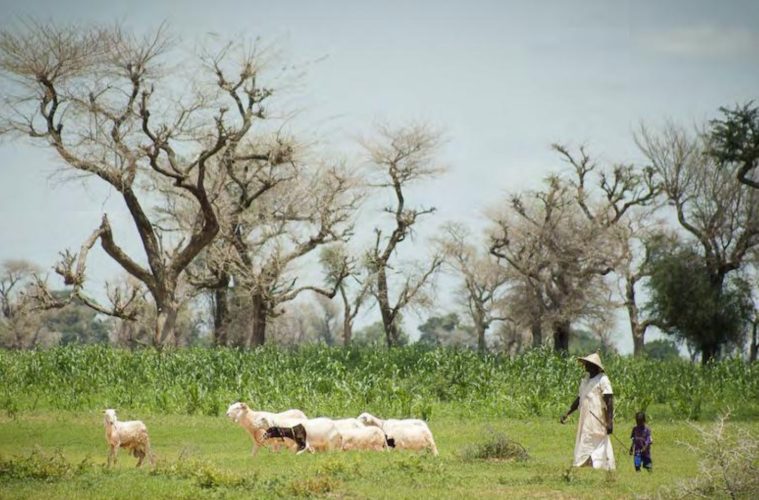In 2024, Senegal is continuing its commitment to become a model of agroecological transition in West Africa. This year, a major initiative was set up with the support of the French Development Agency (AFD) and the FAO. This programme aims to help small-scale producers adopt agroecological practices, by offering them appropriate financing and training. This project is intended to respond to the challenges of climate change, land degradation and food security, which are crucial issues for the benefit of the Senegalese population with a very high population.
However, the agroecological transition in Senegal is fraught with obstacles. Lack of agricultural infrastructure, such as irrigation systems, and lack of financing hinder the adoption of sustainable practices, especially for small-scale producers who make up the majority of the agricultural sector. Limited access to resources such as water is also a concern, especially in rural and arid parts of the country, and is hampering the implementation of these new methods. In addition, the impact of climatic hazards, with increasingly unpredictable seasons and prolonged droughts, is lowering agricultural yields, threatening the food security of fragile rural communities.
To counter these challenges, promising initiatives continue to emerge. The National Programme for Agroecology, in collaboration with local NGOs such as ENDA Pronat and the Federation of Non-Governmental Organisations of Senegal (FONGS), provides practical training and subsidies to farmers. They learn to use environmentally friendly techniques, such as composting, cover crops to enrich the soil, and crop rotation to keep the soil fertile and resting. As a result of these efforts, some villages have not only improved their production but also gained self-sufficiency, while preserving their natural resources.
The agroecological transition also brings social and economic benefits. It generates jobs in rural areas, while strengthening the resilience of communities to droughts. If Senegal manages to maintain this momentum, remove financial and logistical barriers and support smallholder producers, it could become a model for other African countries wishing to undertake a similar transition to sustainable and resilient agriculture.




